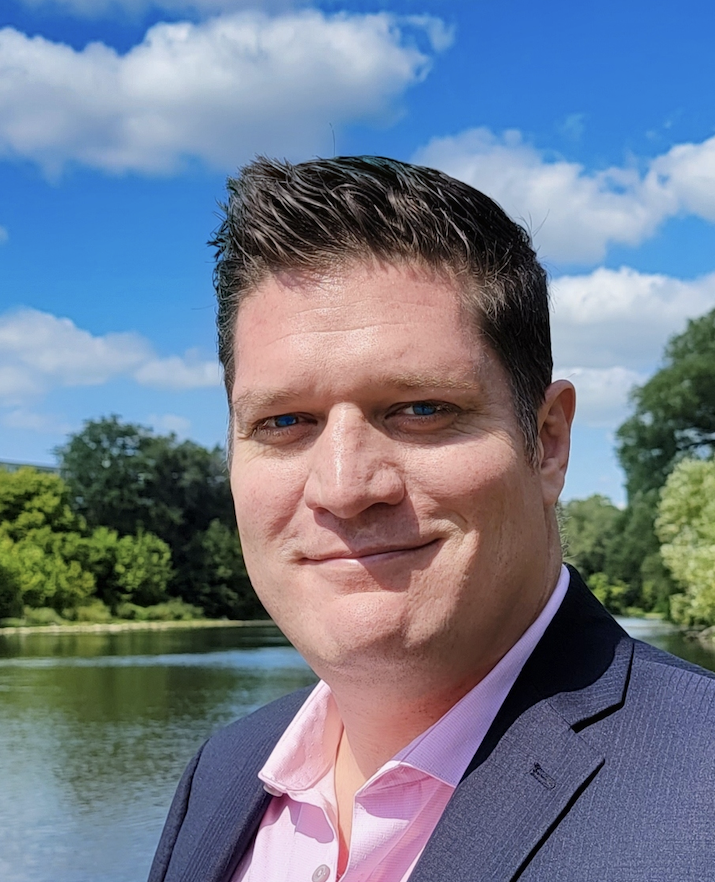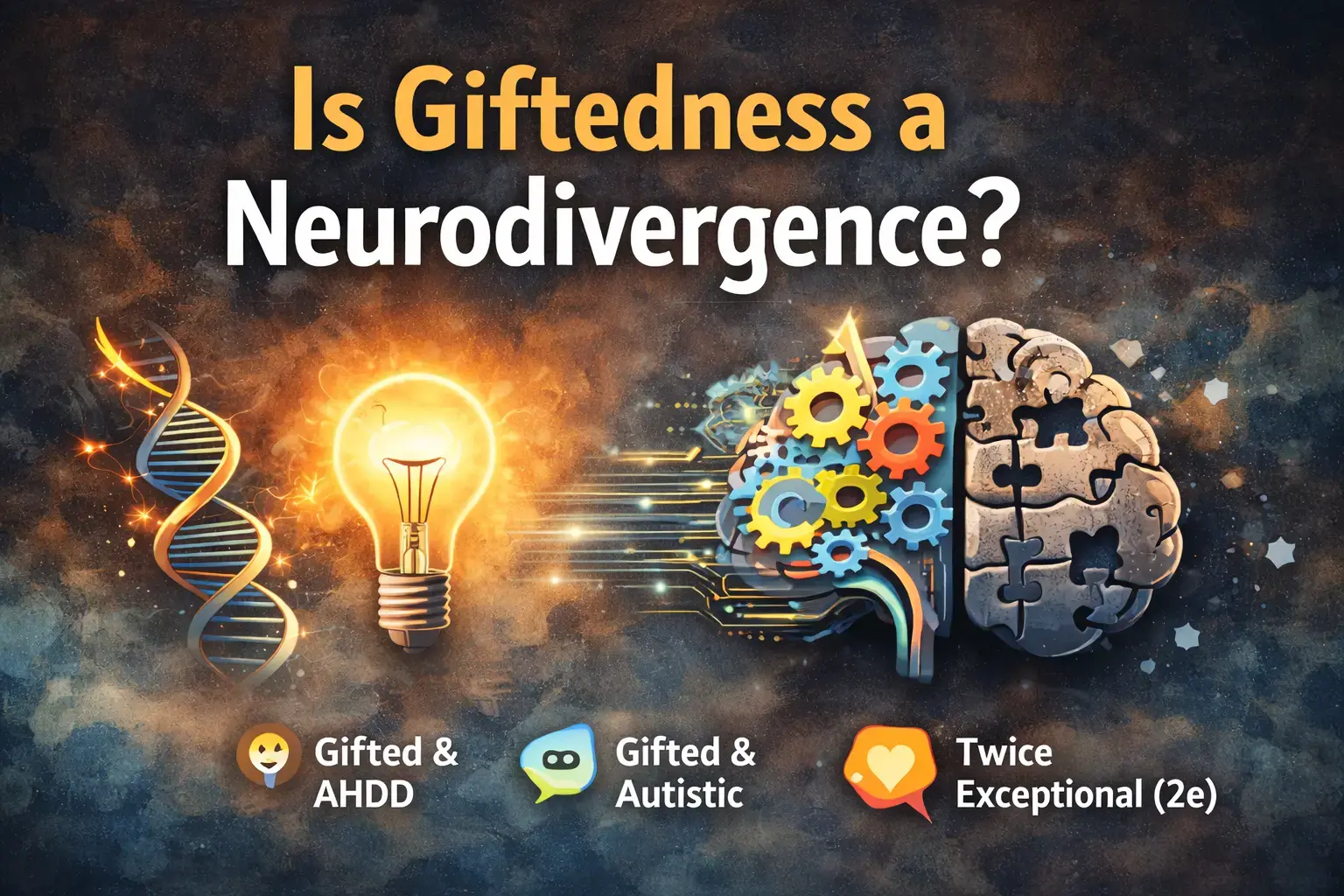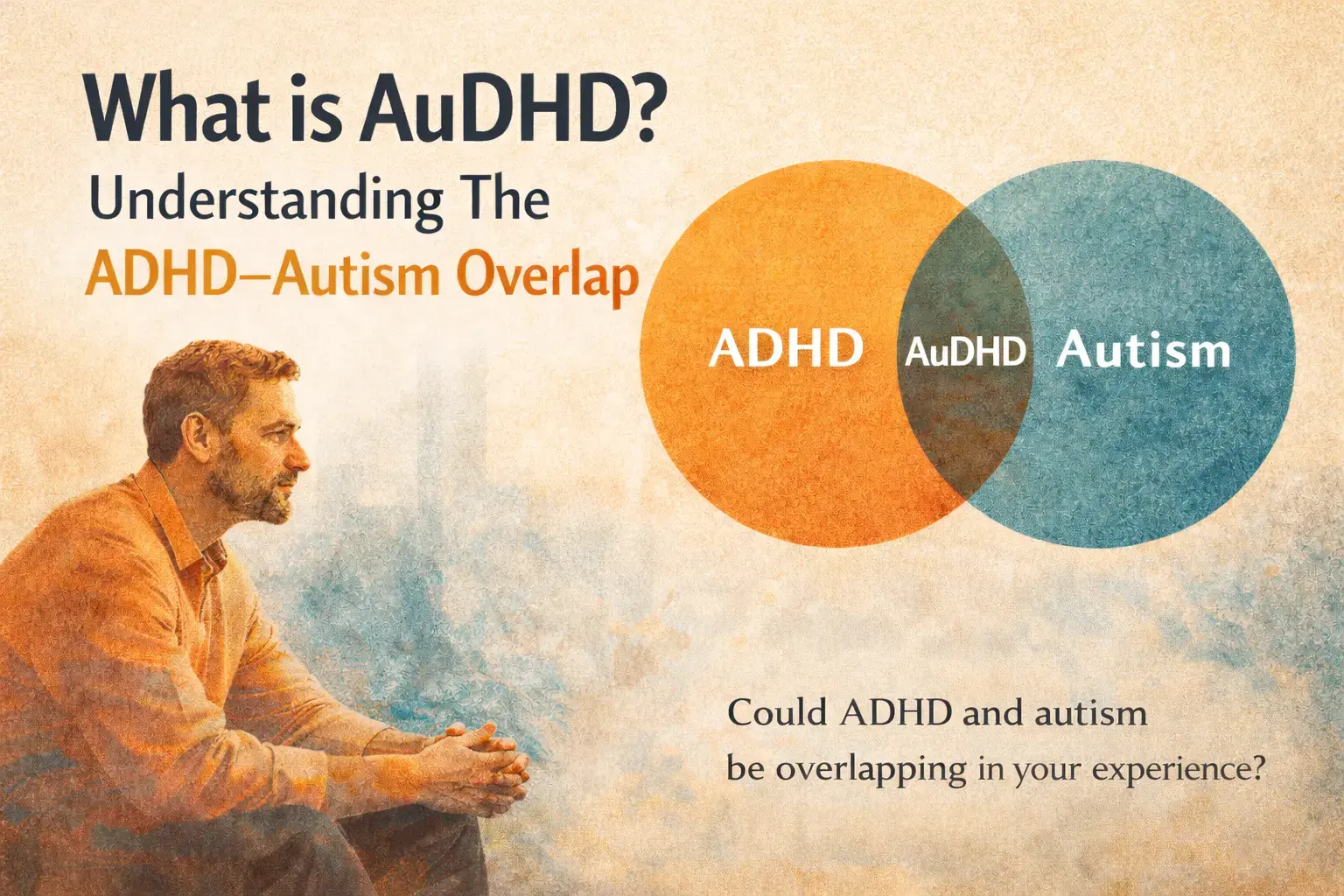Cultivating Acceptance & Self-Compassion: A Path to Resilience
“Nobody can bring you peace but yourself.”
Ralph Waldo Emerson

Cultivating Acceptance and Self-Compassion: A Path to Lasting Resilience
I still remember the scene clearly: I was lying in my bed after a long, difficult day, thinking about every tiny misstep I’d made. It felt like my mind was replaying a never-ending highlight reel of mistakes, minor slip-ups at work, awkward social interactions, and the general feeling that I wasn’t living up to my own expectations. My inner critic had the volume turned all the way up, filling my thoughts with relentless self-judgment and a nagging sense of inadequacy.
It wasn’t until I discovered the power of acceptance and self-compassion that I realized how much energy was wasted on these self-defeating tapes. Instead of fuelling me toward personal growth, my critical mindset was draining me, leaving me less equipped to navigate the genuine difficulties life presented. Through a combination of mindfulness practices, therapy, and deliberate self-reflection, I found a path where acceptance and compassion coexisted with my drive to improve. In this blog, we’ll explore how acceptance doesn’t mean apathy or laziness, and how self-compassion doesn’t breed complacency. Instead, these principles can serve as your foundation for a healthier, more resilient way to face life’s challenges.
For another angle on emotional growth, you may appreciate Emotional Growth & Self-Compassion.
“In the middle of difficulty lies opportunity.” – Albert Einstein
What Is Acceptance? Seeing Life’s Challenges Clearly
Acceptance ≠ Approval: Why Clarity Fuels Change
One of the biggest misconceptions about acceptance is that it means passively approving of every difficulty or injustice that comes your way. In reality, acceptance is about holding up a mirror to your current situation, no matter how uncomfortable or unfair, and saying, “This is where I am right now.” You don’t need to like or condone the circumstance; you only need to acknowledge it without piling on judgments such as “I’m weak” or “This is all my fault.” Acceptance is an invitation to see reality clearly, shedding layers of shame, guilt, and denial that often exacerbate suffering.
Redirecting Energy: From Resistance to Action
When we resist acknowledging what’s happening, internally or externally, we expend massive amounts of mental and emotional energy. Repetitive thoughts like “This shouldn’t be happening” or “Why me?” can trap you in a cycle of blame, bitterness, or self-pity. By contrast, acceptance liberates that energy, freeing you to respond more effectively. Acceptance acts as a gateway to purposeful and often more constructive behaviour, whether that response is taking action, seeking solutions, or tending to your emotional well-being. Acceptance is not the same as resignation; it’s the launching pad for mindful change.
What situations trigger my resistance to acceptance (e.g., conflicts, financial stress, past traumas)?
Self-Compassion: Turning Down the Inner Critic
“Self-compassion provides the emotional safety needed to take risks and try new things.” – Kristin Neff
Talk to Yourself Like a Friend
Consider how you might respond to a friend who admits a blunder or expresses insecurity. You’d likely be supportive, offering reassurance that mistakes are part of being human. However, when we’re the ones who’ve stumbled, it’s all too common to unleash a barrage of harsh thoughts—accusing ourselves of stupidity, laziness, or even moral failing. Self-compassion proposes a different reaction. By gently recognizing that you deserve the same patience, warmth, and understanding you’d show a loved one, you erode the walls of negativity and open up a space for genuine learning and growth.
How might my life change if I spoke to myself as gently as I would to a close friend or loved one?
Swap Self-Criticism for Curious Growth
The human brain has a tendency to catastrophize in the face of failure: one mistake can feel like a defining quality, a permanent label. But what if we paused and asked, “What can this teach me?” or “What would help me respond better next time?” Shifting from criticism to curiosity keeps you in problem-solving mode, letting you explore your thoughts, feelings, and actions with less hostility and more willingness to adapt. Research shows that people who practice self-compassion are actually more motivated to reach their goals, precisely because they view setbacks as part of the learning process rather than as definitive proof of personal failing.
When I encounter a setback, do I instantly judge myself, or do I make space to explore what happened?
A Personal Story of Acceptance in Action
Before I grasped how acceptance and compassion could coexist with my drive to improve, I was stuck in a perpetual loop of self-blame and perfectionism. My daily routine felt like a series of tiny tragedies: a small oversight at work became a sign of incompetence, a friend’s mild disagreement felt like a personal attack, and a missed exercise session morphed into evidence of laziness. Each misstep was magnified by my inner critic, who never hesitated to hurl disparaging remarks at me.
Over time, this relentless pressure led to emotional exhaustion. I noticed my mental energy was so consumed by self-judgment that I had little left for growth or problem-solving. The turning point came when I was introduced to acceptance. After a particularly tense conversation with a family, I decided to sit with my emotions instead of trying to refute them or bury them; I did not push back or resist them. I acknowledged that I felt hurt and unsettled. Rather than labelling myself as “too sensitive” or “overreacting,” I gave myself permission to experience that discomfort without judgment. This seemingly simple shift, allowing the feeling to exist, marked the beginning of a more compassionate approach to my inner life.
From there, I added self-compassion into the equation. I’d tell myself, “I’m allowed to be upset. This feeling matters, and it can guide me.” To my surprise, the intensity of my distress began to subside, and I felt more capable of figuring out the next step: a clear conversation with others to address misunderstandings. Instead of paralyzing me, my emotion became a catalyst for constructive action. Over time, I realized that acceptance didn’t weaken my resolve; it focused it. Compassion didn’t excuse my mistakes; it encouraged me to address them more effectively.
“The curious paradox is that when I accept myself just as I am, then I can change.”
Carl Rogers
If identity is part of your resilience journey, you might find the role of identity in neurodivergent healing meaningful.
5 Practical Ways to Cultivate Acceptance & Self-Compassion
Strategy 1 – Mindful Check-Ins
• Daily Body Scan: Each day, take two to five minutes to close your eyes, inhale slowly, and mentally scan your body from head to toe. Notice tensions, like a tight jaw, stiff shoulders, or a churning stomach. Acknowledge them without labeling them as “good” or “bad.”
• Mental Noting: If you detect anxious or negative thoughts, label them as “worry,” “fear,” or simply “thinking,” and let them pass like clouds drifting across the sky. You don’t need to fix them in that moment; observe.
Strategy 2 – Compassionate Self-Talk
• Role Reversal: When your inner critic rears its head, imagine you’re speaking to a close friend or family member who’s feeling exactly how you do. Which words of encouragement or comfort would you offer them? Now, deliver those words to yourself, deliberately and gently.
• Affirmation Statements: Consider writing down a few phrases like “I am allowed to learn from mistakes” or “I deserve the same kindness I offer others.” Keep these visible as reminders.
Strategy 3 – Name & Validate Emotions
• Emotion Vocabulary: Build a robust list of emotions, such as “sad,” “anxious,” “lonely,” “curious,” “hopeful,” and “hurt.” Practice identifying them in your daily life.
• Validation First: Before trying to fix an emotion or push it away, say to yourself, “I’m feeling X, and that’s valid for me right now.” Recognition precedes transformation.
Strategy 4 – Limits that Protect Energy
• Protection vs. Isolation: Setting boundaries doesn’t mean shutting people out; it means clarifying what you need to stay healthy. This could involve limiting screen time, saying “no” to additional responsibilities when overwhelmed, or stepping away from certain triggers. Often, I might call them limits versus boundaries. We are allowed to have limits.
• A Healthier ‘Yes’: Boundaries or understanding our limits helps ensure that when you do say “yes” to a project, a favour, or a new activity, it’s coming from a place of genuine willingness rather than guilt or obligation.
Strategy 5 – Iterate, Reflect, Grow
• Action-Oriented Acceptance: Brainstorm feasible solutions after acknowledging and accepting a stressor, like financial trouble or interpersonal conflict. Even if the fix isn’t immediate or perfect, breaking the problem into smaller tasks can restore a sense of control.
• Iterative Growth: Acceptance isn’t a one-time event; it's a continuous process. It’s a practice of re-evaluating your situation, adjusting your mindset, and making incremental progress towards accepting life on life's terms. Each slight shift paves the way for larger transformations.
In the next week, how can I incorporate a brief acceptance or self-compassion exercise into my daily routine?
Why Acceptance + Compassion Build True Resilience
Acceptance and self-compassion are not about excusing negative behaviours or passively letting life walk all over you. Rather, they establish a foundation—an internal atmosphere free of needless shame or mental resistance—so you can face challenges more confidently and calmly. Whether you’re dealing with work stress, relationship issues, or personal identity struggles, acknowledging the reality of your situation allows you to respond more effectively. By tempering your drive for self-improvement with empathy and understanding, you convert what might have been a painful self-criticism into an empowering lesson.
I've come to see every hurdle—be it anxiety, low self-esteem, or chronic stress—as an opportunity to cultivate deeper self-awareness. Acceptance means you’re not ignoring or dismissing your difficulties; you’re recognizing them as real and choosing how to respond. Compassion means you face these difficulties without the added burden of self-punishment. Together, these approaches pave the way for genuine transformation. Instead of paralyzing you, they empower you to progress at your own pace, with greater clarity and inner support.
“A moment of self-compassion can change your entire day. A string of such moments can change the course of your life.”
Christopher Germer
If you’re interested in exploring acceptance and self-compassion more deeply or if you’re ready to move beyond self-judgment and harness your inner resilience, reach out to a therapist who you feel will be a good match. Don’t let self-criticism hold you back any longer; take that first step toward embracing who you are and who you can become.
If you want to learn more about self-compassion, check out Kristin Neff's page at self-compassion.org
“Owning our story and loving ourselves through that process is the bravest thing we’ll ever do.”
Brené Brown
If you’d like to understand the values behind my work supporting emotional resilience and acceptance, you can visit my services pages and more about my specialized services for neurodivergent mental health and resilience
If you’re seeking acceptance or working through emotional strain, you can contact me via my contact page to explore supportive therapy.
Or stay on the blog and learn more about ADHD, Autism, and Giftedness.
Acceptance & Self-Compassion FAQ
Q1: Won’t acceptance make me passive, as if I’m giving up?
A: Not at all. Acceptance establishes that “this is the truth of my circumstances right now.” From this vantage point, you can make more informed choices. In many cases, acceptance motivates people to take action precisely because they aren’t wasting energy fighting against reality.
Q2: Doesn’t self-compassion breed complacency or laziness?
A: Quite the opposite. People who practice self-compassion tend to be more persistent and resilient. When you’re not terrified of making mistakes, you become more open to learning, taking risks, and seeking better solutions.
Q3: What if I can’t stop being self-critical?
A: Recognizing your inner critic is the first step. If you’re struggling to diminish its influence, small interventions like journaling or short mindful pauses can help. Over time, you may also benefit from professional guidance. Becoming Yourself Counselling offers personalized strategies and a supportive environment to make that journey more approachable.
Q4: How do I apply acceptance to truly unfair or traumatic situations?
A: Acceptance doesn’t mean you condone the wrongdoing; it means you acknowledge what’s happened and how it affects you. This clarity lets you channel your energy into healing, justice, or advocacy, rather than getting stuck in denial or endless anger. Radical acceptance is a skill that, when applied to difficult circumstances, allows us to learn from
Q5: Can a therapist help with these skills?
A: Absolutely. At Becoming Yourself Counselling, we offer support tailored using evidence-based methods such as Mindfulness, Acceptance and Commitment Therapy (ACT), and Compassion-Focused Therapy (CFT), all of which can fortify your capacity for both acceptance and self-compassion. A therapist provides not just tools but also accountability and support through the process.
(You may also enjoy Self-Compassion & Growth for Neurodivergent Adults and Neurodivergent Burnout Practices.)

Resources:
- Brach, T. (2003). Radical acceptance: Embracing your life with the heart of a Buddha. Bantam.
- Brown, B. (2010). The gifts of imperfection: Let go of who you think you’re supposed to be and embrace who you are. Hazelden Publishing.
- Germer, C. K. (2009). The mindful path to self-compassion: Freeing yourself from destructive thoughts and emotions. The Guilford Press.
- Harris, R. (2008). The happiness trap: How to stop struggling and start living. Trumpeter Books.
- Neff, K. (2011). Self-compassion: The proven power of being kind to yourself. William Morrow.
Blog Disclaimer
This blog includes occasional personal anecdotes used to illustrate therapeutic ideas and foster connection. All identifying details have been altered or omitted to protect confidentiality. These reflections are intended as examples only; every individual’s experience is unique, and what resonates for one person may not apply to another.
The information provided here is for educational and informational purposes and should not be considered a substitute for professional medical or mental health advice, diagnosis, or treatment. If you have concerns about your health or well-being, please consult a qualified healthcare provider or licensed mental health professional.
Psychotherapy services described on this site are available to residents of Ontario. If you are interested in support or would like to schedule a complimentary 20-minute consultation, you are welcome to contact me through my practice.
These resources are offered to support your learning and self-understanding as you move toward a more grounded, authentic, and meaningful life.

Michael Holker HBA, BSW, MSW
Michael Holker, MSW, RSW, is the compassionate heart behind Becoming Yourself Counselling. Discovering his own neurodivergence later in life shaped his existential, humanistic, and strengths-based approach to therapy. Guided by his lived experience, Michael helps neurodivergent individuals move beyond self-criticism toward self-understanding, self-compassion, and self-acceptance. His work invites clients to honour their journeys, embrace their resilience, and reconnect with their authentic selves, cultivating a life of greater alignment and meaning.


